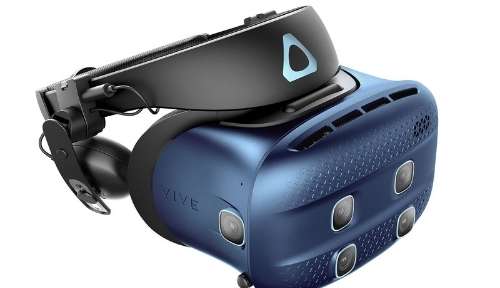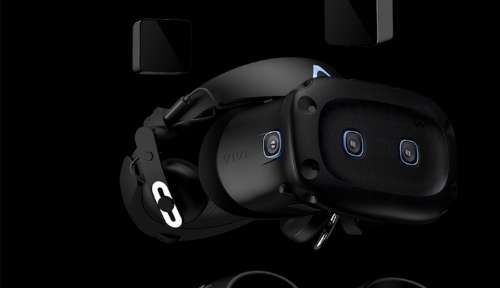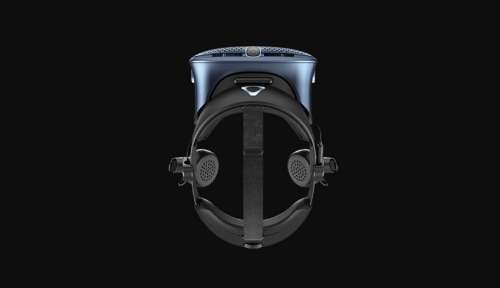Less than four months ago, Meta and LG revealed they were partnering on a next-generation XR device. There was considerable speculation this would be a follow-up to the Meta Quest Pro. LG CEO William Cho met with Meta boss Mark Zuckerberg in South Korea to finalise the deal.
But now, the partnership has ended, and instead of a 2025 release, the fruits of the project will not be with us until 2027. According to industry sources in the South Korean media, LG pulled the plug on the union when the two companies started disagreeing. LG stated that there “was not much synergy” between them and Meta.
However, LG is pressing on with the headset. And while there is still reportedly a chance that Meta will have some involvement in the project, LG has started to put the feelers out to other major potential partners, including Amazon.
That said, LG has denied the rift. So, if the South Korean news outlets are correct, what is the reason behind the parting of ways?
What Were LG and Meta Working On?
Back in February, when William Cho and Mark Zuckerberg met, an announcement was issued stating that “LG envisions that by bringing together Meta’s platform with its own content/service capabilities from its TV business, a distinctive ecosystem can be forged in the XR domain, which is one of the company’s new business areas…Moreover, the fusion of Meta’s diverse core technological elements with LG’s cutting-edge product and quality capabilities promises significant synergies in next-gen XR device development.”
This all sounds a bit vague, but speculation at the time was that the two companies were teaming up to create a direct competitor for the Apple Vision Pro.
Reality Labs Is Losing Money
Meta’s AR and VR division, Reality Labs, is reportedly spending money at an alarming rate. Gamesindustry.biz claims the department is going through a billion dollars a month and has done so since mid-2022.
Meta seems blase about the losses and expects them to increase yearly as the company invests in scaling its ecosystem.
These losses from one of the industry’s leading lights could knock the confidence of any potential partners. And Meta haemorrhaging cash against a backdrop of tepid consumer demand probably weakens confidence further.
Recently, we’ve seen Sony pausing production of the PSVR2 because demand has been lower than expected, and the Apple Vision Pro shows little indication of being a runaway success.
However, while Meta’s partners might view the playing field with some trepidation, Meta, too, might not see the need to rush to compete against Apple while Vision Pro has such low sales.
Ploughing too many resources into that battle could distract Meta from the broader market appeal of products like Quest 3.
Conclusion: Nothing Seems Clear
LG has form when it comes to denying things and then confirming them. A few years ago, the South Korean company denied putting its plans for a rollable phone on hold before later confirming it. So, there’s probably some truth to this story.
But this isn’t the only Meta-related partnership that has been troubled recently. Tencent was said to be working with Meta to launch a budget-friendly version of Quest 3 in the Chinese market. Now, this arrangement has been suspended because of disagreements.
Elsewhere, Meta is currently working with Xbox, Lenovo, and Asus to offer the Horizon OS platform on third-party devices.







